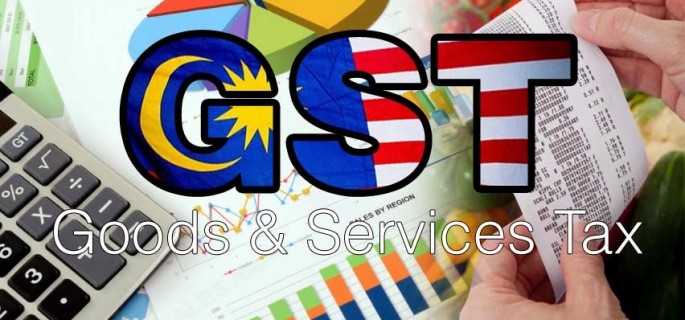Finding Reputable and Effective Best GST Registration Services in Singapore
Finding Reputable and Effective Best GST Registration Services in Singapore
Blog Article
Throughout: The Ultimate Roadmap to GST Enrollment for Companies Looking For Financial Security
Navigating the intricacies of Item and Provider Tax (GST) enrollment is a vital action for businesses aiming for economic stability. From comprehending the basic concepts of GST to complying with post-registration standards, the procedure can seem discouraging at very first glance. Nevertheless, damaging down the roadmap into workable steps can streamline the registration trip for organizations wanting to improve their monetary standing. Let's explore the important components that make up this ultimate roadmap and discover how each phase adds to laying a strong structure for financial success.
Recognizing GST Fundamentals
Digging right into the fundamental principles of Product and Provider Tax (GST) is vital for acquiring a comprehensive understanding of its implications on companies and the economic climate. Input Tax Obligation Credit History (ITC) is a considerable function of GST, allowing services to claim credit for tax obligations paid on inputs, decreasing the general tax problem. Recognizing the basics of GST is critical for organizations to comply with tax laws, handle their financial resources effectively, and add to the nation's economic development by getting involved in a clear tax system.
Qualification Requirements for Enrollment
As of the current policies, the threshold limit for GST enrollment is an annual aggregate turnover of 40 lakhs for companies running within a state, except for special group states where the restriction is 20 lakhs. Furthermore, particular companies are called for to sign up for GST regardless of their turnover, such as interstate distributors, casual taxed persons, and companies liable to pay tax under the reverse cost system. It is vital for organizations to thoroughly analyze their turnover and purchase kinds to identify their GST enrollment responsibilities accurately.
Files Needed for Registration
Having fulfilled the qualification standards for GST registration, organizations need to now guarantee they have the requisite papers in place to continue with the registration process successfully. The papers required for GST registration generally consist of proof of business constitution, such as collaboration act, enrollment certificate, or incorporation certificate for various kinds of organizations. Furthermore, organizations need to give documents developing the principal location of organization, such as a rental agreement or electrical power costs.
Step-by-Step Registration Refine
Starting the GST registration procedure involves a series of organized steps to ensure a certified and smooth registration for organizations. The initial step is to see the GST site and submit the registration type with exact information of business entity. Following this, the applicant receives a Short-term Recommendation Number (TRN) which is made use of to resume the application process if it's not completed in one go.
Next, all called for files according to the list given by the GST portal need to be posted. These documents normally consist of evidence of company enrollment, identification and address proofs of promoters, financial statements, and organization entity's PAN card.

Post-Registration Compliance Guidelines

Final Thought
In verdict, services seeking economic stability must comprehend the basics of GST, fulfill eligibility criteria, gather necessary files, adhere to the detailed registration process, and follow post-registration guidelines - Best GST registration services in Singapore. By adhering to these steps, services can make sure compliance with tax obligation laws and preserve economic stability in the lengthy run
In addition, specific companies are required to register for GST regardless of their turnover, such as interstate suppliers, informal taxable persons, and businesses accountable to pay tax under the reverse charge system.Having fulfilled the qualification requirements for GST registration, companies need to currently ensure they have the requisite files in location to proceed with the registration procedure successfully. The documents required for GST registration usually consist of proof of organization constitution, such as partnership act, registration certification, or consolidation certification for various kinds of businesses. Additionally, organizations require to provide files establishing the principal location of service, such as a rental contract or electricity bill.Starting the GST enrollment procedure involves a series of organized actions to guarantee a certified and seamless enrollment for services.
Report this page